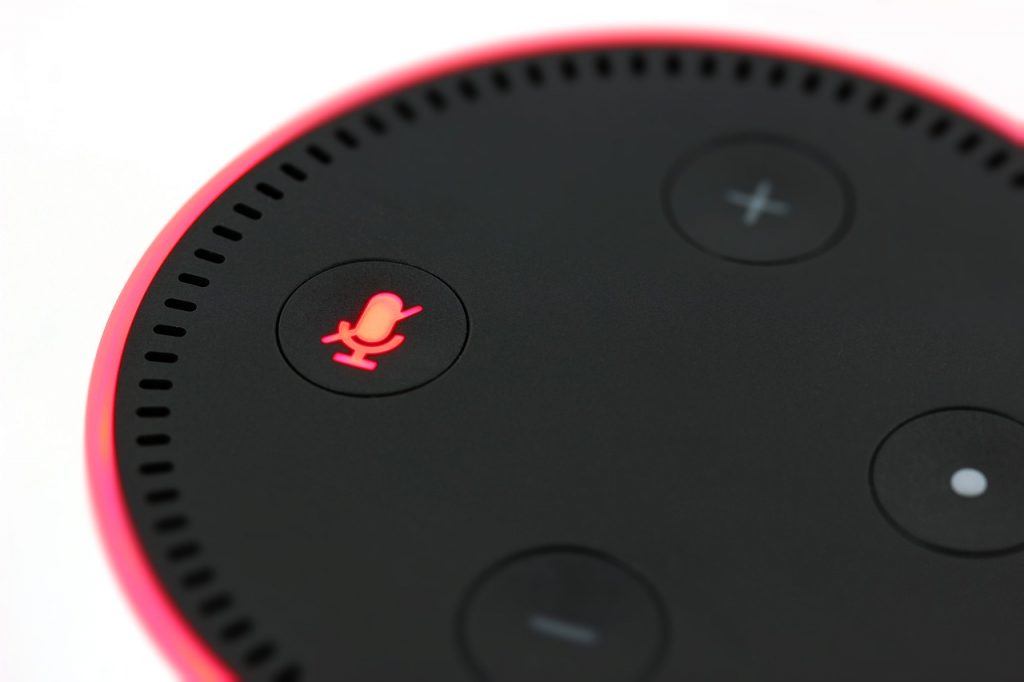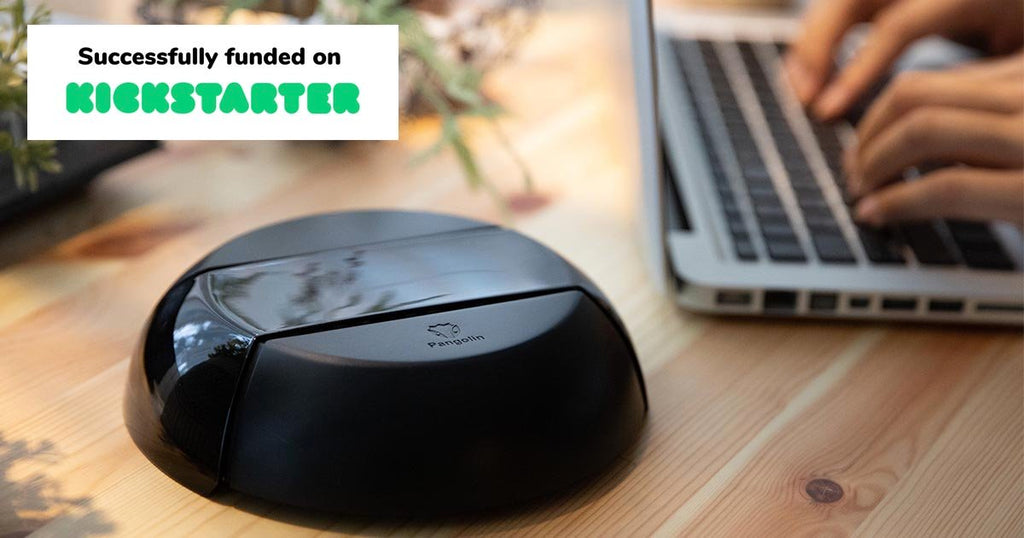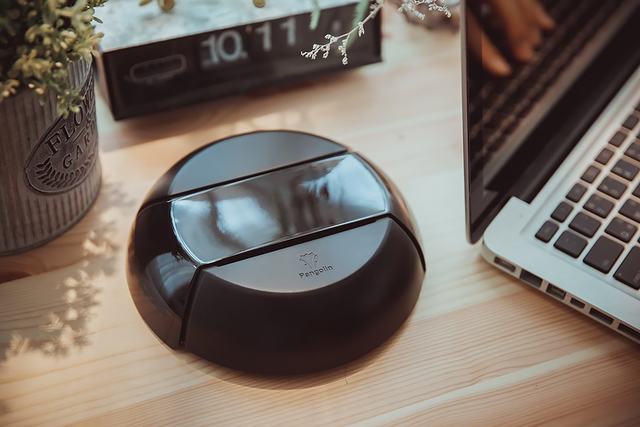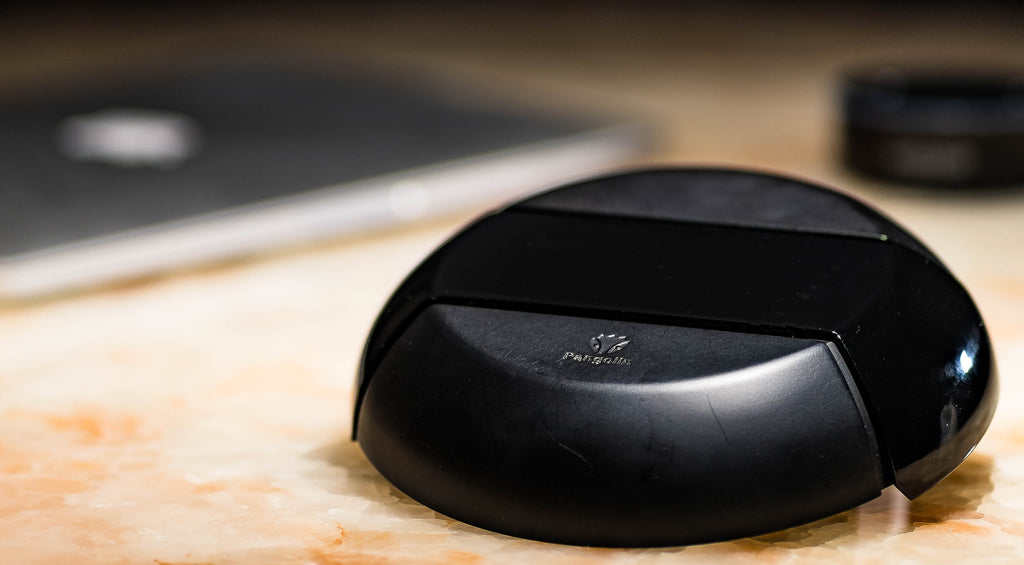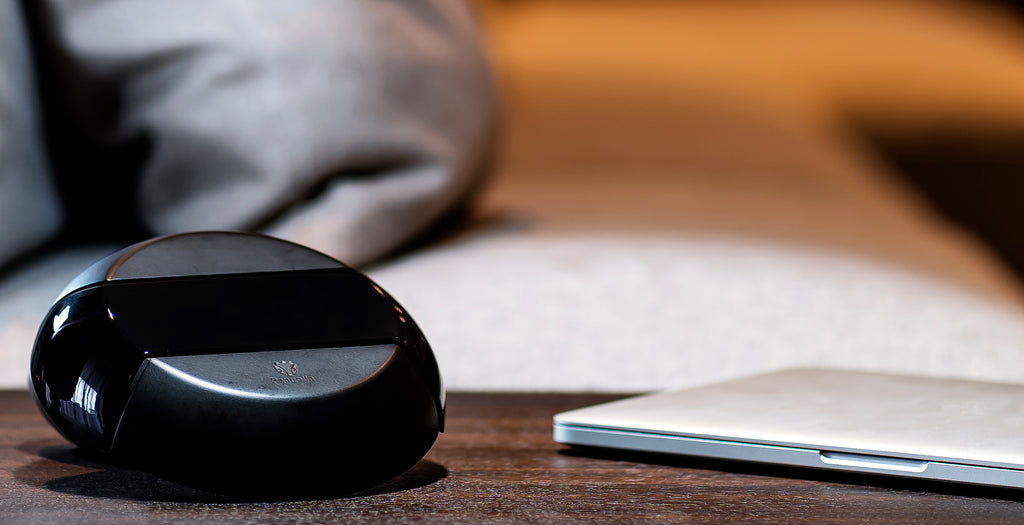One of the fears surrounding smart speakers is whether or not someone may be listening to your conversations.
Update July 11, 2019: Google has also had to come out and defend the fact that their employees listen to devices. More information available via The Verge.
A report from Bloomberg shows that there are, in fact, people who are paid to listen to conversations users have with Alexa.
It’s serious business too, as there are apparently thousands of people working on both a part-time and full-time basis to annotate up to 1,000 audio clips per day. They work in multiple continents as well, from the USA, India, Costa Rica, and Romania.
Yes, most of these conversations are mundane. They involve someone listening to voice recordings for specific phrases like “Taylor Swift”.
However, some workers have also said that they’ve come across disturbing content as well: including instances of suspected criminal activity and sexual assault.
While Amazon stresses that privacy and security are important to them, and that they only annotate a tiny sample size of Alexa voice recordings, there’s still much to worry about.
To companies like Amazon, these voice recordings are an important resource that allows them to train and improve their speech recognition software. Unfortunately for the end user, how they go about collecting this data isn’t exactly very comforting.
Here’s a few notable issues with Amazon’s collection of voice recordings
- They are not transparent in their marketing and brand materials about the fact that there are actual human employees that could be listening to your recordings.
- This is an option that you can disable in Alexa’s privacy settings, but even if you opt out, you may still occasionally have your recordings reviewed.
- Alexa reviewers aren’t given full information, but receive a first name, an account number, and a device serial number.
- Alexa can sometimes start recording without the “wake word” being used. So even accidentally captured conversations and sounds are processed.
- In instances of suspected sexual assault, employees who reported it were told that it was not Amazon’s place to interfere.
In a world where there is a growing concern about privacy and personal data, the implications are staggering. This also forces us to ask whether or not we should ever agree to freely allow companies to record data to improve apps or devices.
Another problem is that Amazon is not the only company that does this. There are other companies around the world’s population centers who are also harvesting this kind of information, and they are even less transparent with the use of data than their more regulated American counterparts.
That’s why it will always be important to keep an eye out for the permissions that you grant your apps and devices. If you are concerned about your privacy, the best option is to opt out of these data sharing programs. Permissions are usually set to yes by default, so always look into every app and device’s privacy settings to ensure that you say no.
Article was originally published on April 22, 2019. Last updated July 11, 2019.

